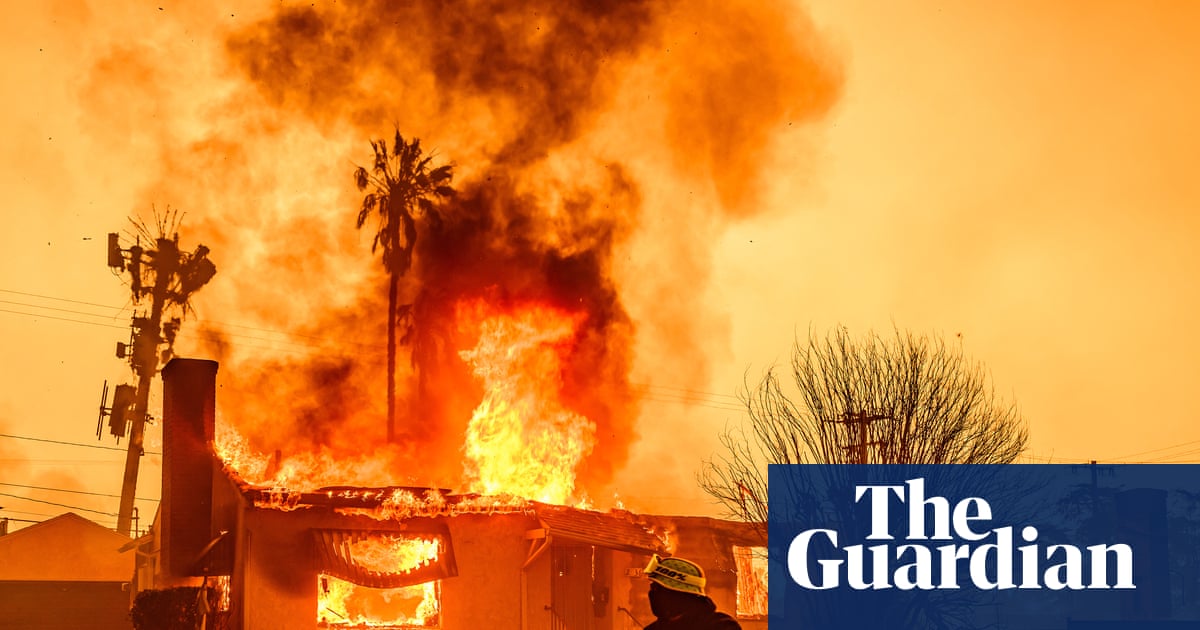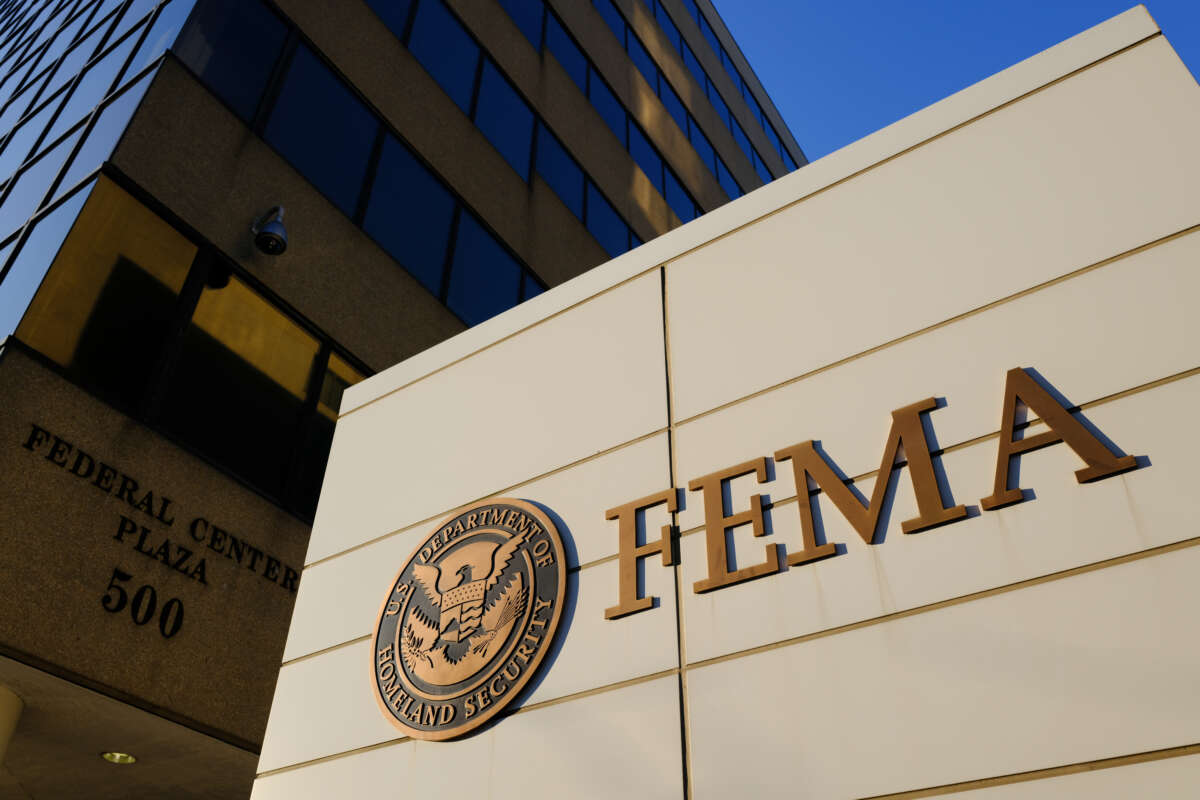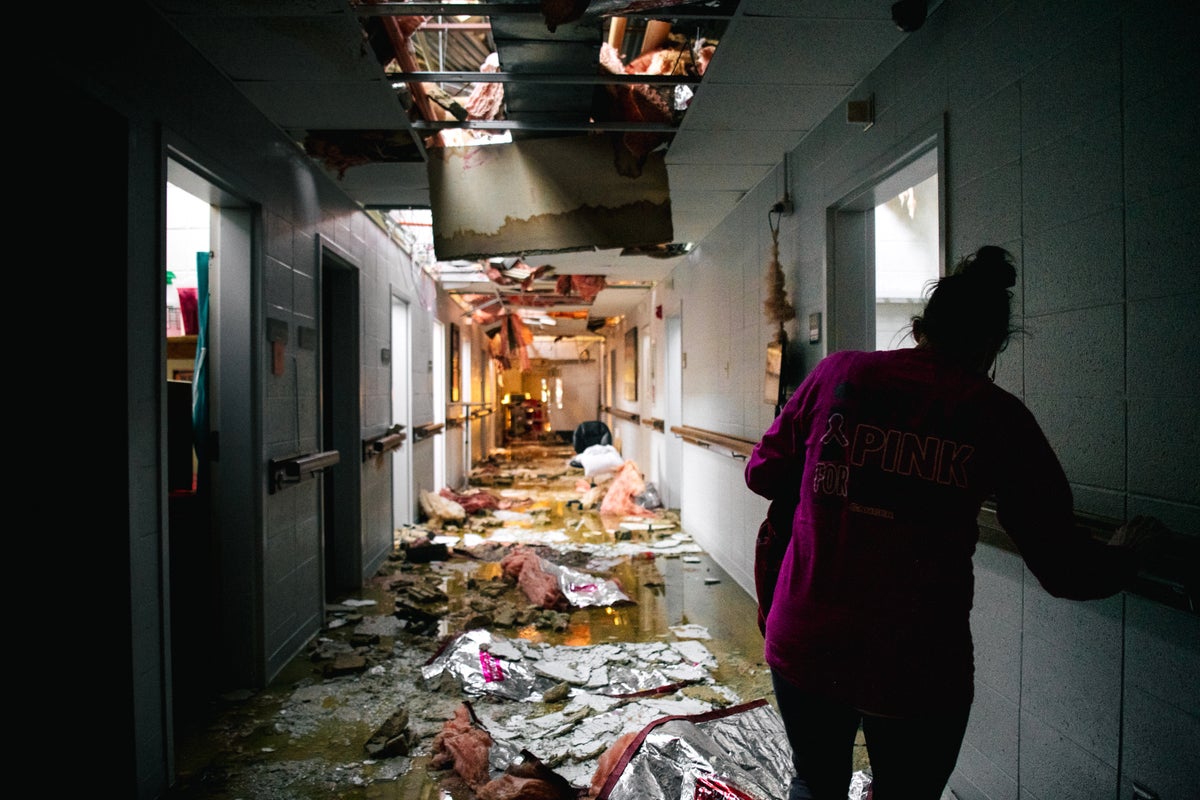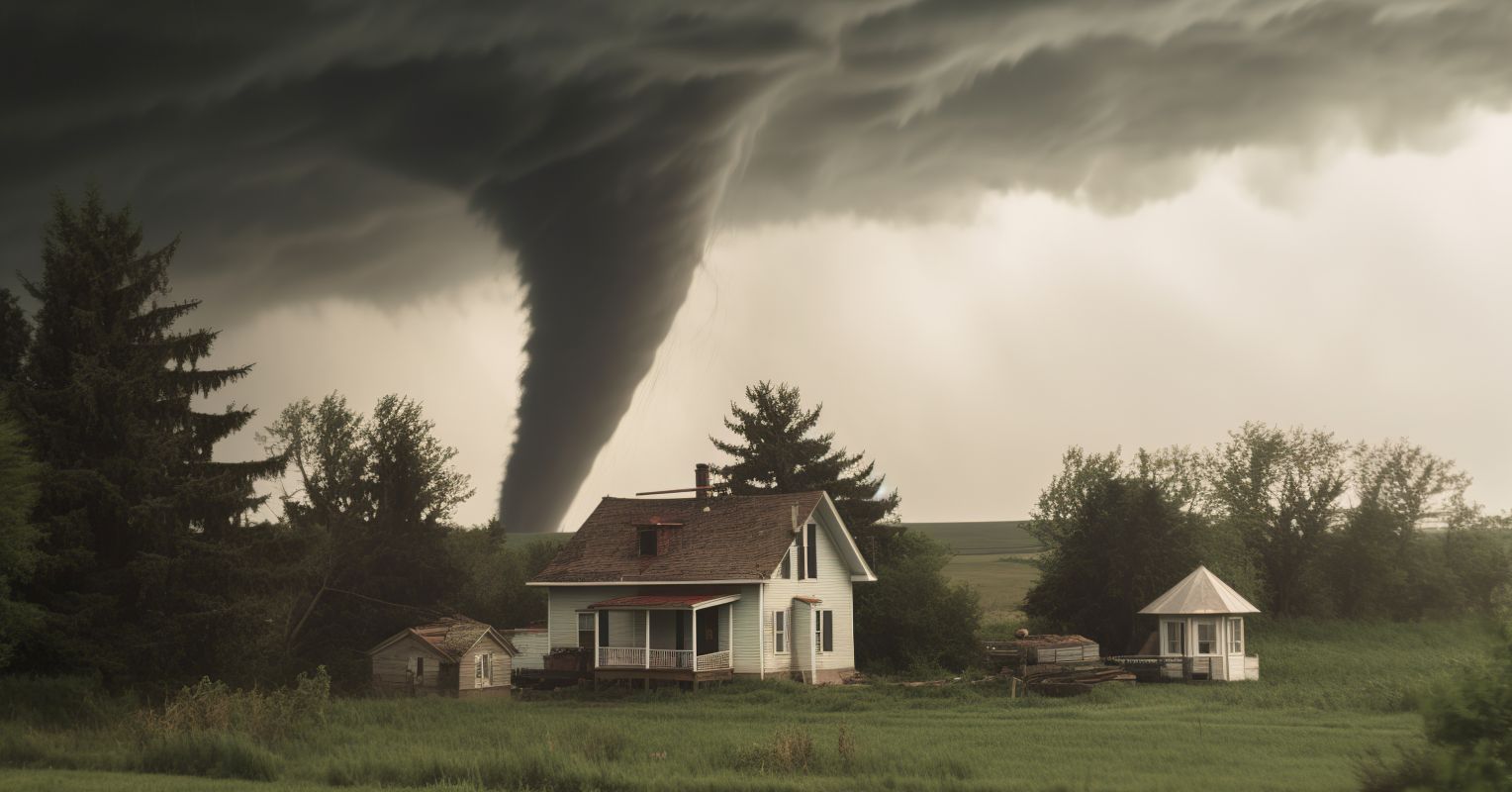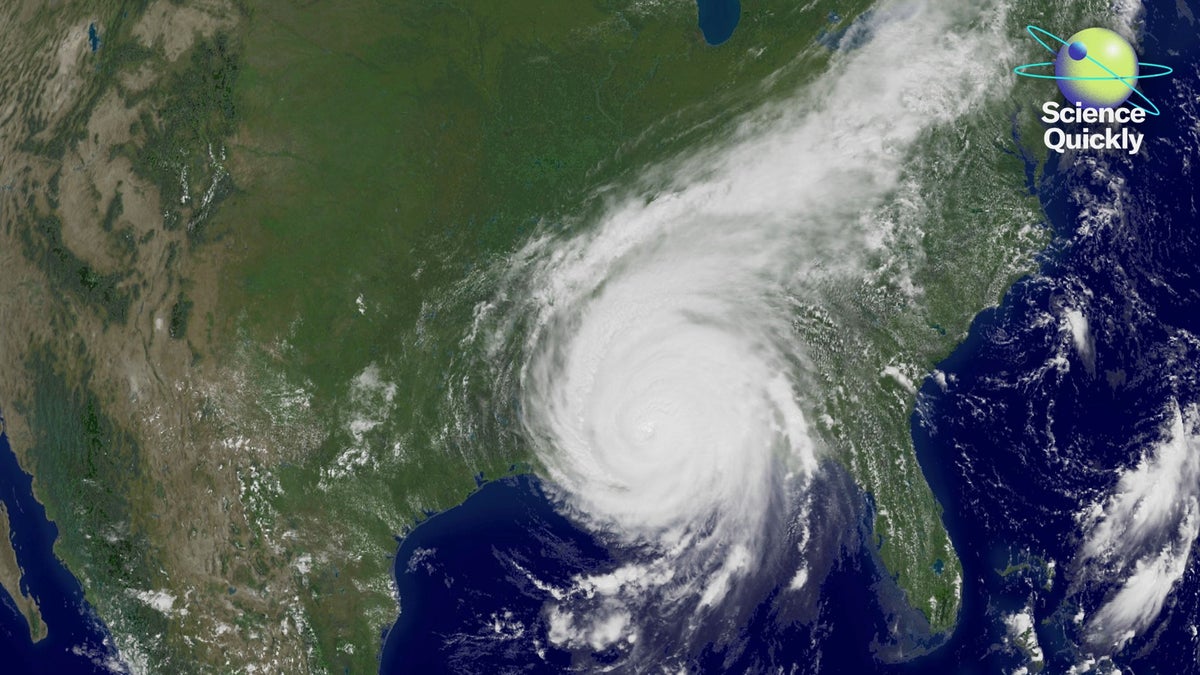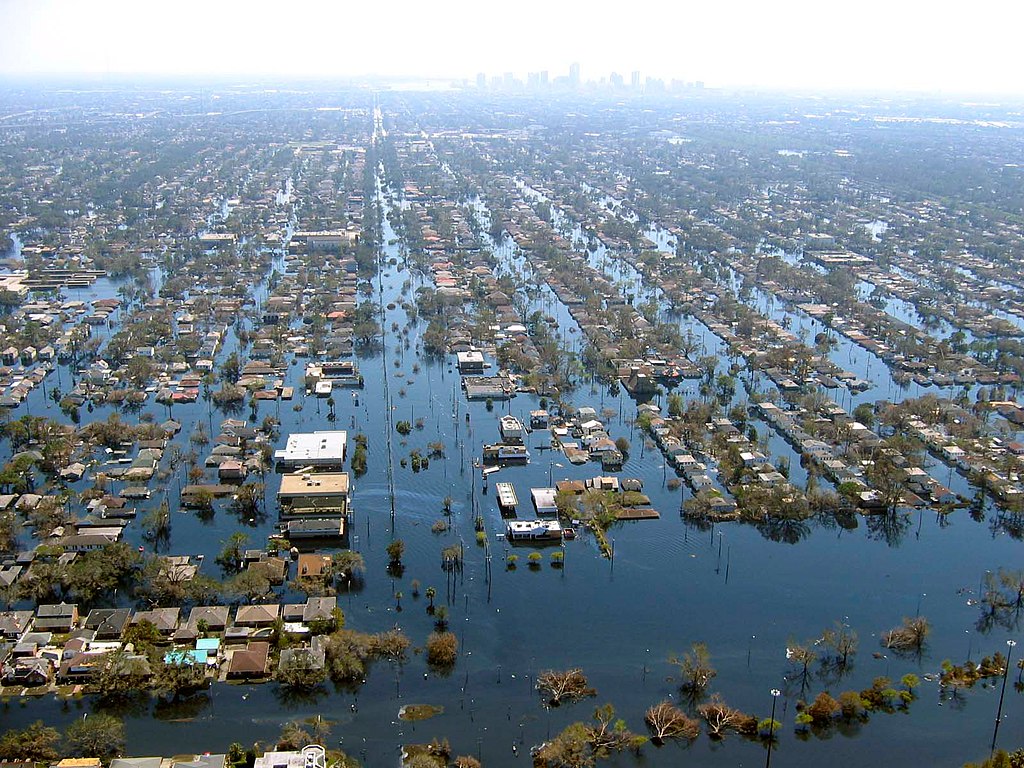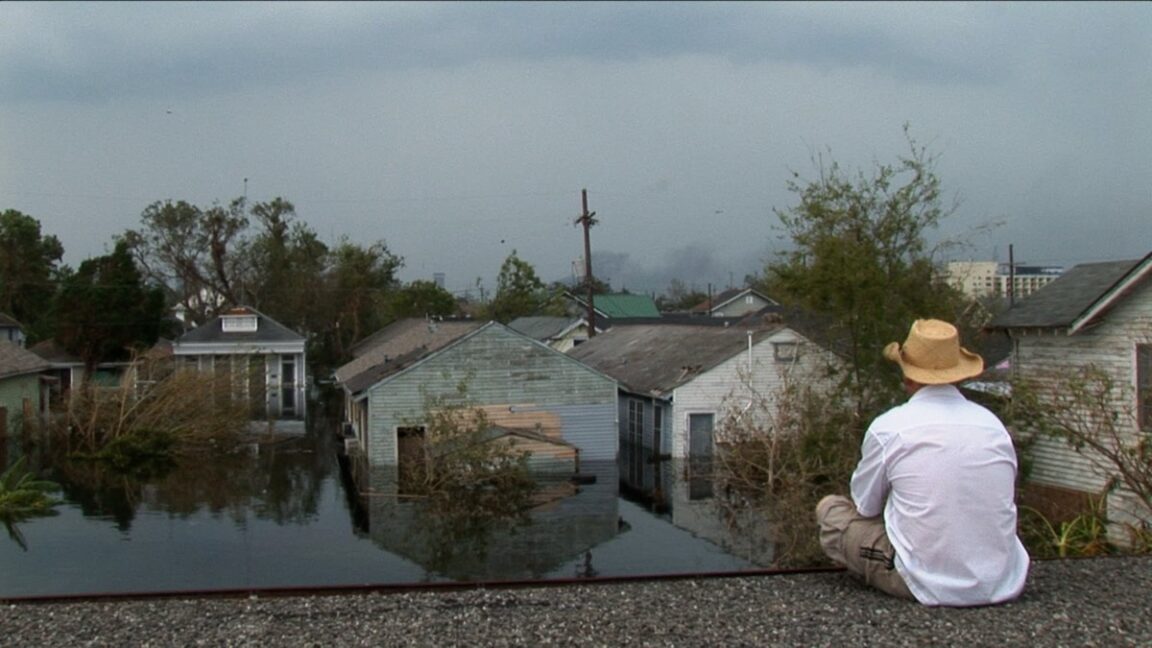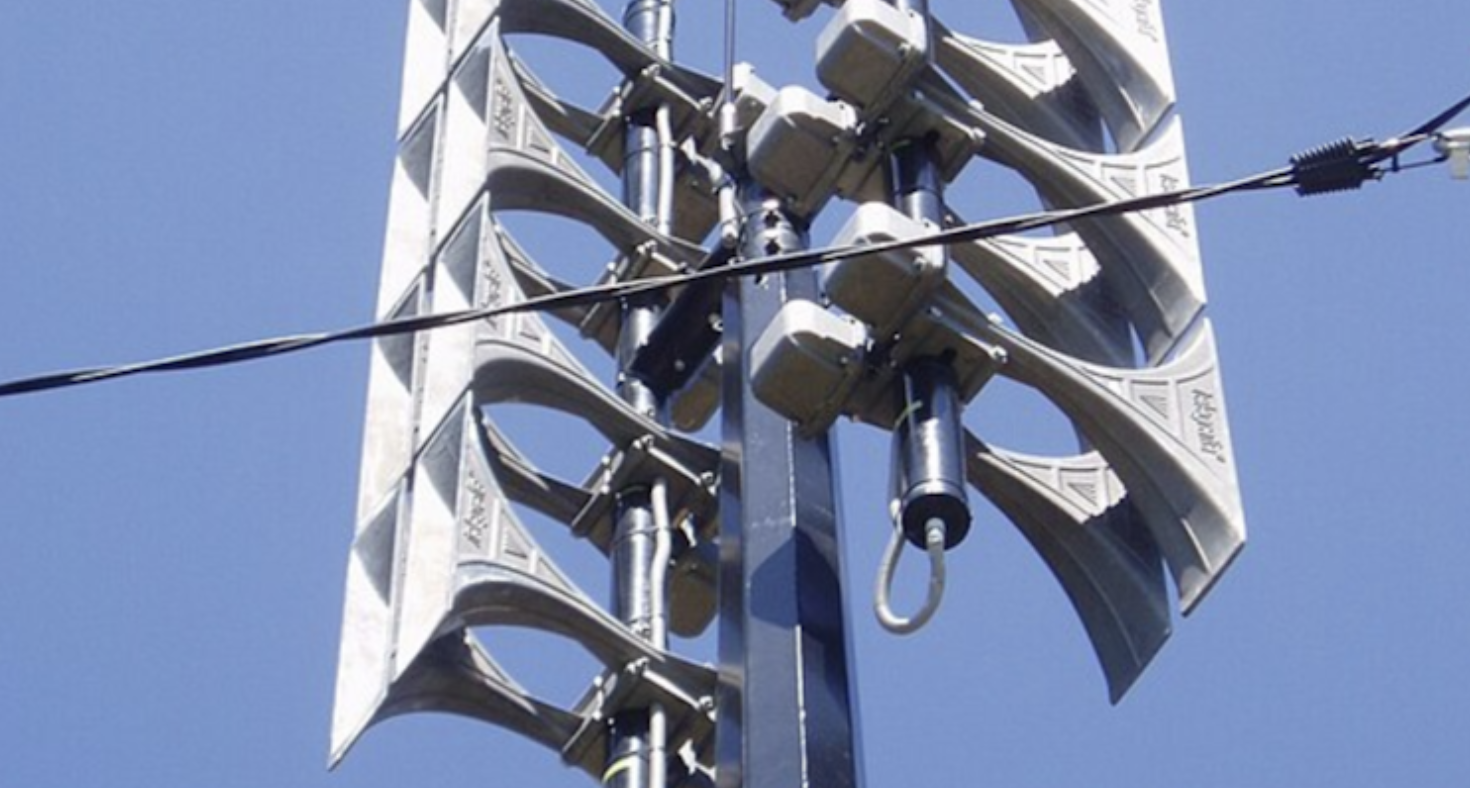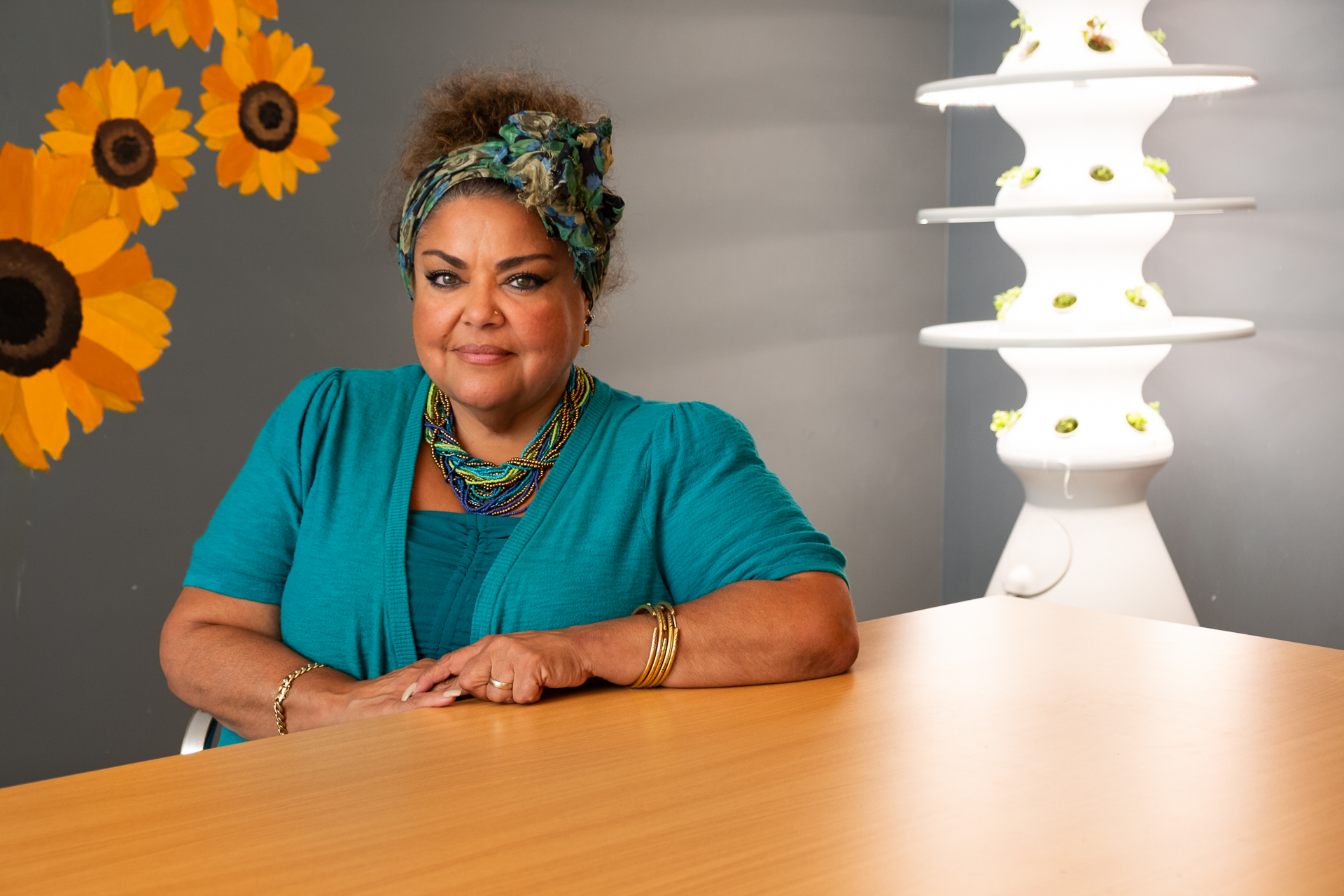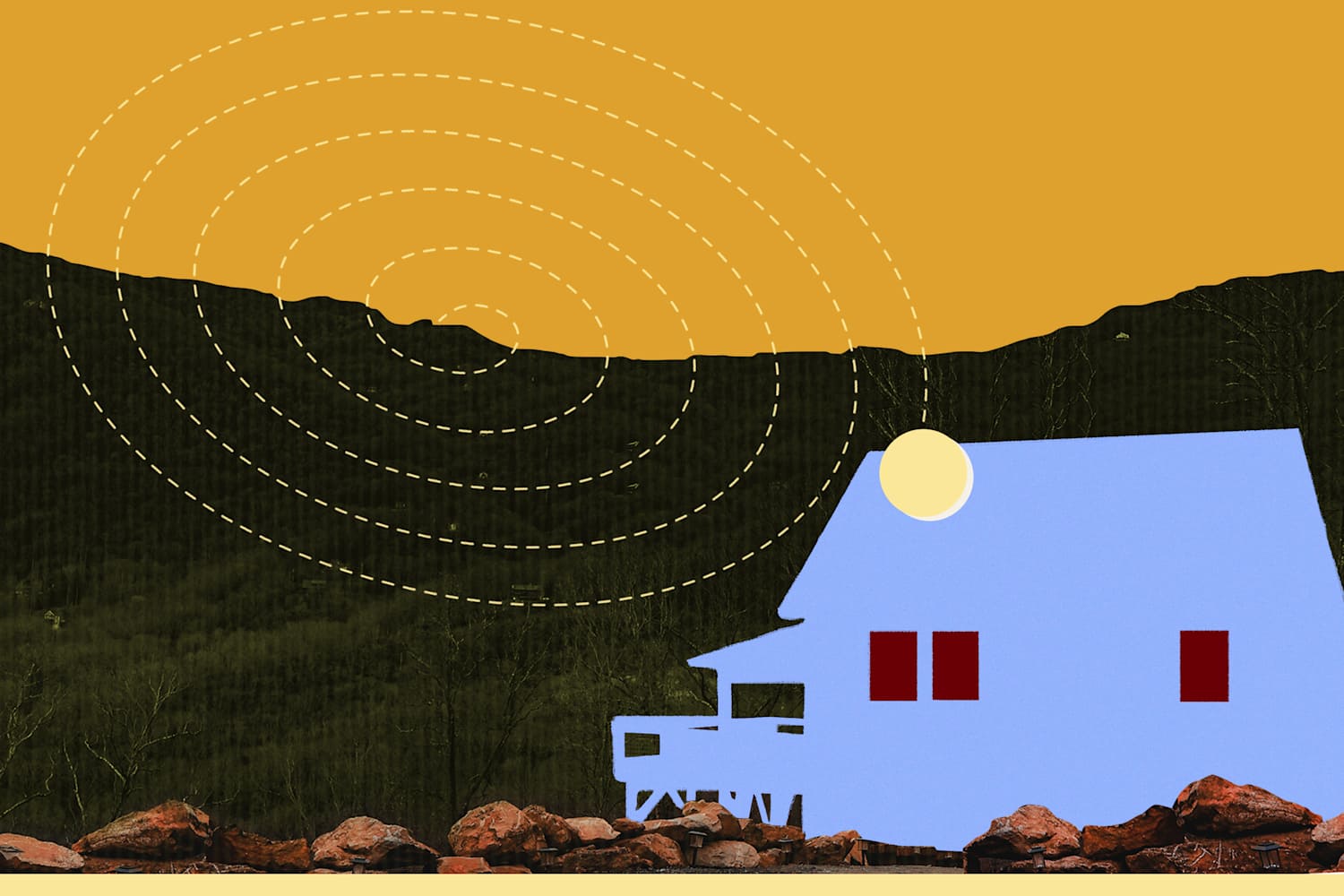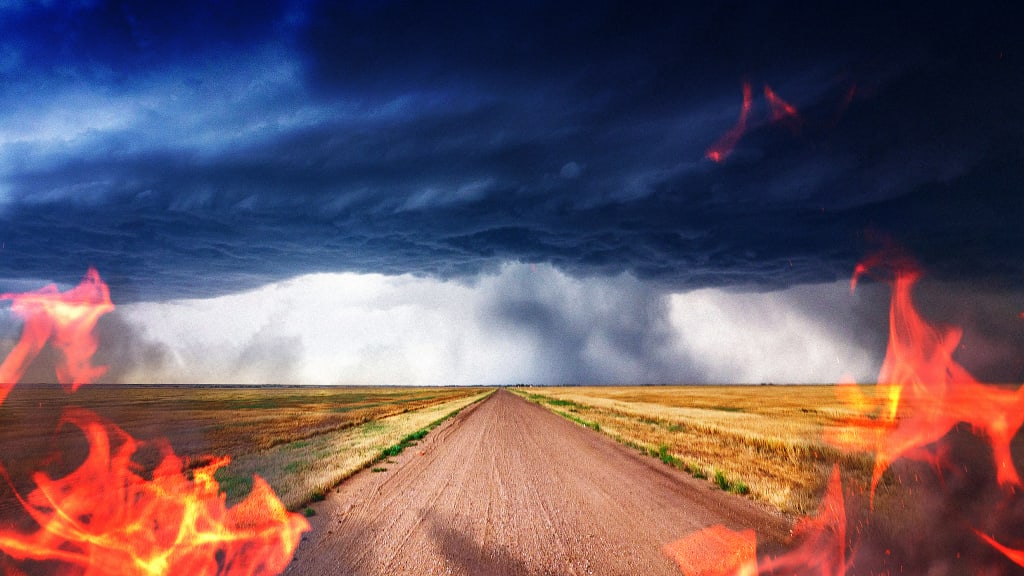#disaster-preparedness
#disaster-preparedness
[ follow ]
#climate-change #fema #emergency-management #flooding #hurricane-season #wildfires #noaa #hurricane-katrina
fromwww.mercurynews.com
3 weeks agoMake it a happy new year for animals
Adopt, don't shop. OK, that's an obvious one coming from us, but it really does make all the difference for an animal in need when you adopt a pet versus buying one. According to Shelter Animals Count, about 5.8 million cats and dogs ended up in shelters in the United States last year. And while that number is down from the previous year, it's still sadly high.
Pets
Wearables
fromYanko Design - Modern Industrial Design News
1 month agoWhen Fashion Becomes a Safety Net: The Jacket That's a Tent - Yanko Design
Shelter Wear is a garment that transforms from a vest into a functional tent, providing emergency shelter and detachable backpack storage for displaced people.
fromBuzzFeed
3 months agoThe Internet Is Going To Crash "In A Big Way" And Experts Say You're Not Ready
I don't think it is a matter of 'if,' it is simply a matter of 'when.' The electrical grid, as we know it, is only about 120 years old. And it is scattered in such a way that local or regional brownouts or total failures are happening too often.
Digital life
fromSan Jose Spotlight
3 months agoSilicon Valley hospital workers train for Super Bowl threats - San Jose Spotlight
San Jose hospital workers scramble into hazmat suits. Others carry stretchers through disoriented crowds into bright yellow tents, where they prep a decontamination process for people critically injured by a chemical bomb. That was the scene for three hours Thursday at O'Connor Hospital, where health care workers ran a mass casualty drill in the rain. Amid a backdrop of escalating political violence and national instability,
Public health
fromwww.mercurynews.com
3 months agoSunnyvale's Department of Public Safety turns 75
Sunnyvale's Department of Public Safety is celebrating its 75th anniversary on Sat., Oct. 4, 10 a.m. to 12:30 p.m., at DPS HQ, 700 All America Way. Attendees will be able to meet K9 officers, SWAT personnel and public safety officers; view vehicles, drones and equipment; and take guided tours of the newly renovated Public Safety building at 11 a.m. and noon. Families can learn about disaster prep, and teens can find out how to get hands-on public safety training and help officers.
California
fromSFGATE
3 months agoAmericans at Risk Without Savings or Insurance: What To Know
The average American emergency savings is only $500, significantly below the recommended three to six months of living expenses, leaving many ill-equipped for home repairs or emergencies. Homeowners in high climate-risk areas face challenges with insurance, as premiums soar in disaster-prone regions, leading to some homeowners considering going without insurance due to high costs. With over $12.7 trillion worth of U.S. real estate facing severe climate risk, insurers are either increasing rates or withdrawing from high-risk areas, leaving homeowners with limited coverage options.
Real estate
fromTelecompetitor
4 months agoVerizon Frontline Launches 950+ 5G Wideband Phones
The phones are part of a critical communications upgrade for the Tampa Police Department, supporting the Department's "Connected Officer" initiative. The initiative is designed to help ensure every officer on patrol has a smartphone with key law enforcement applications. According to Verizon Frontline, providing police officers with city-issued phones keeps them from having to use their personal devices for official business, helping enhance efficiency and information security.
Information security
fromwww.theguardian.com
4 months agoA common enemy beyond ideologies': Spain's PM announces plan to tackle climate crisis
He said waiting any longer would be dangerous and expensive, and criticised those who deny the realities of global heating in Spain. Over the past five years, he said, the climate emergency had caused more than 20,000 deaths and cost the public purse 32bn (28bn) in material losses. We need to mobilise as a society against climate change, which is a common enemy that lies beyond ideologies, he said.
Environment
fromFast Company
4 months agoHow Japan is using AI to prepare Tokyo residents for a Mount Fuji volcanic eruption
The Tokyo Metropolitan Government's video warns an eruption could strike "at any moment, without warning," depicting volcanic ash shrouding central Tokyo, about 100 kilometers (60 miles) away, within hours, paralyzing transportation, disrupting food and power, and causing long-term respiratory problems. The video ends with the message: "We need to arm ourselves with facts and prepare for disaster in our daily lives." It shows a family's pantry stocked with canned food and a first-aid kit.
Environment
fromFast Company
5 months ago20 years after Katrina, collaboration matters
Twenty years ago this August, Hurricane Katrina devastated the Gulf Coast. More than 1,300 lives were lost. It destroyed homes, displaced families, and overwhelmed many of the institutions that undergird civil society. It was also a wake-up call that reshaped how the country responds to natural disasters. Over the past two decades, we've made real progress. Government agencies, nonprofits, businesses, and community organizations have built stronger systems to prepare before disaster strikes.
Non-profit organizations
US politics
fromABC7 Los Angeles
5 months agoCamp Mystic families push Texas leaders for safety reforms in wake of deadly Hill Country floods
Parents of 27 Camp Mystic victims are urging Texas lawmakers to enact camp-safety reforms, including relocating structures from floodplains and improving emergency responses.
fromThe American Conservative
5 months agoTrump Admin Threatens Disaster Funds for States That Boycott Israeli Companies
The Trump administration will deny federal funding for disaster preparedness to states and cities that sever ties with Israeli companies, requiring compliance for $1.9 billion in federal funding.
Right-wing politics
fromSFGATE
5 months agoIs Your Home at Risk in a Tsunami? What Coastal Owners Need To Know Now
The waves followed, reaching Hawaii, California, and parts of Washington. It was one of the strongest earthquakes ever recorded and though early reports show little damage, the event serves as a powerful reminder: Tsunami risk isn't just theoretical.
California
fromPinkNews | Latest lesbian, gay, bi and trans news | LGBTQ+ news
6 months agoTexas GOP hijacks legislative session for deadly floods to push anti-trans bill
The focus of the special legislative session, beginning on 21 July, shifted to disaster preparedness including legislation to "improve early warning systems" and "strengthen emergency communications."
US politics
fromWashingtonian - The website that Washington lives by.
7 months agoNational Park Service Celebrates Pride by Closing Dupont Circle Park, Sally Quinn Has a New Novel, and Dave Thomas Circle Is History - Washingtonian
FEMA boss David Richardson's surprise over the hurricane season illustrates a concerning lack of awareness as the agency prepares for potential disasters.
Washington DC
Black Lives Matter
fromTruthout
8 months agoAfter Trump's FEMA Cuts, Black St. Louis Recovers From Deadly Tornadoes Alone
Emergency alert systems failed during the EF-3 tornado, leading to devastating consequences in Black neighborhoods.
A lack of effective warning systems leaves vulnerable communities at greater risk during severe weather.
[ Load more ]
